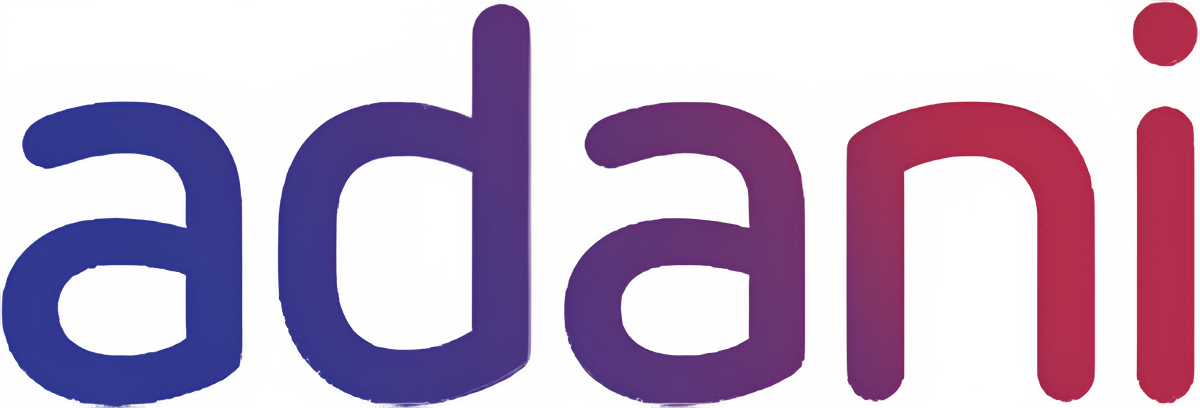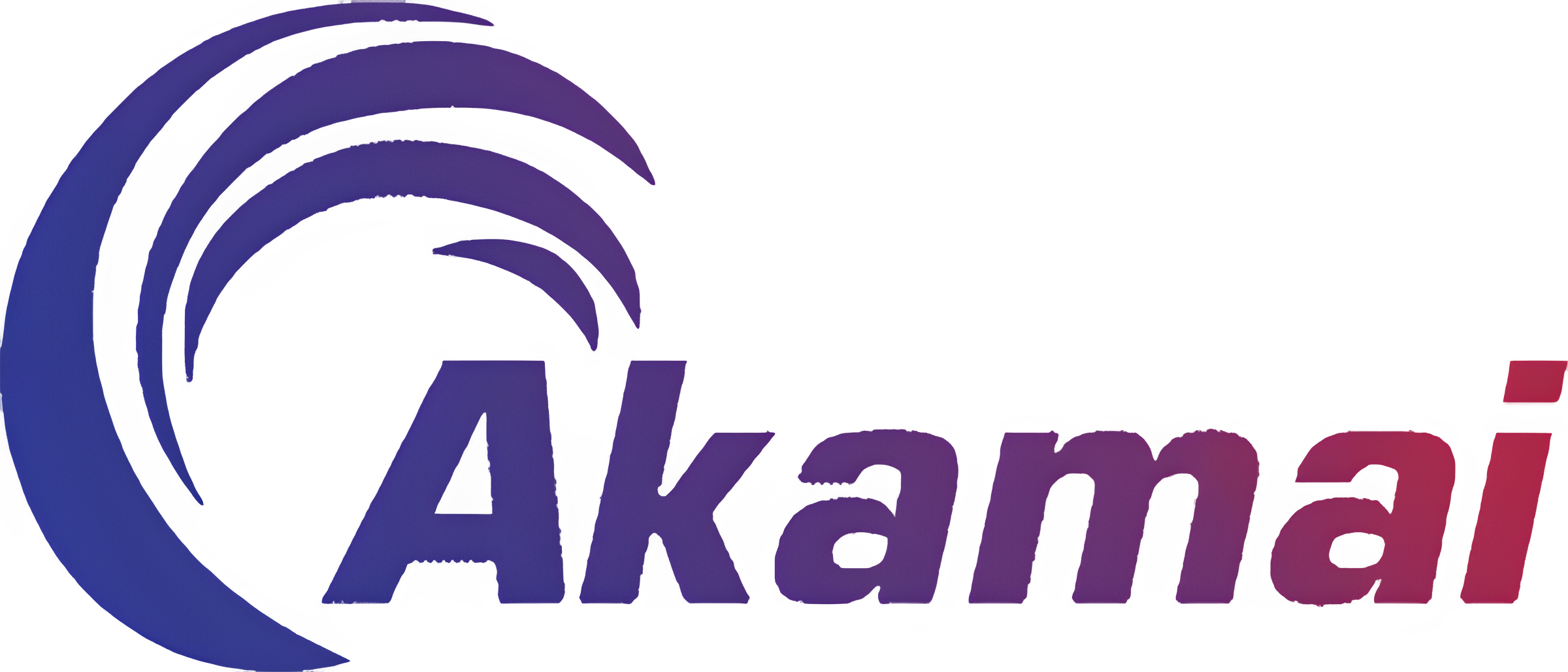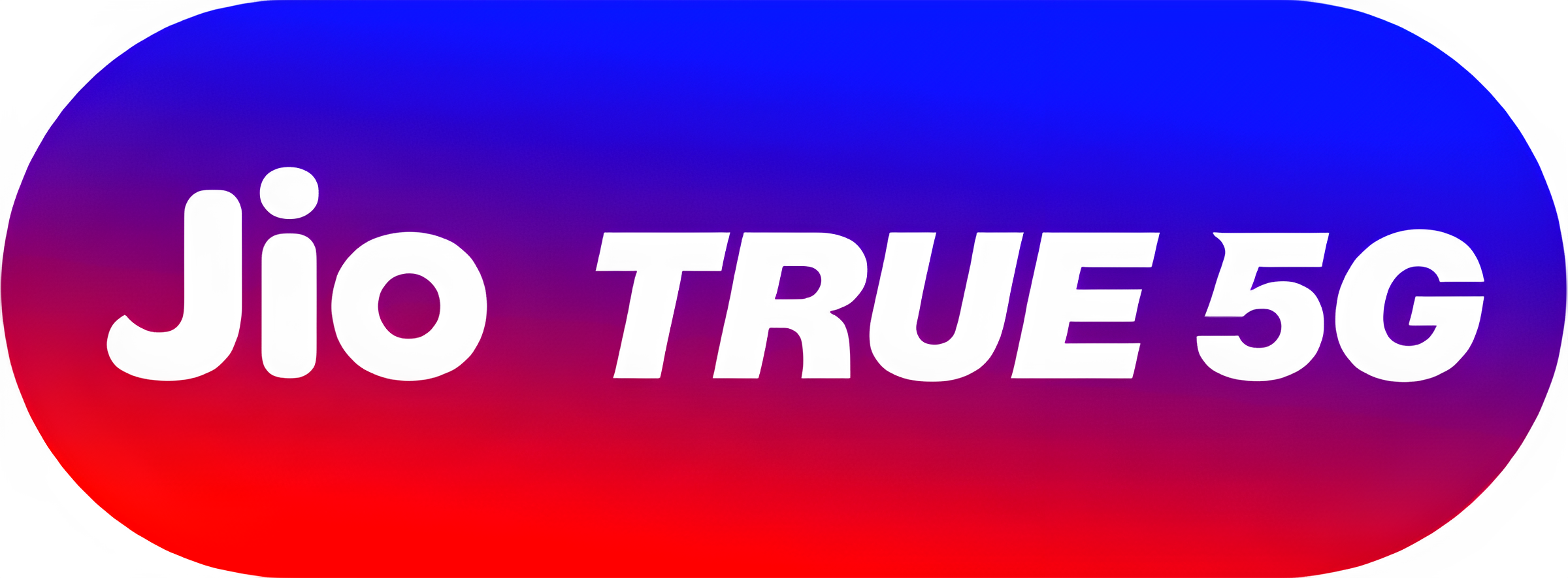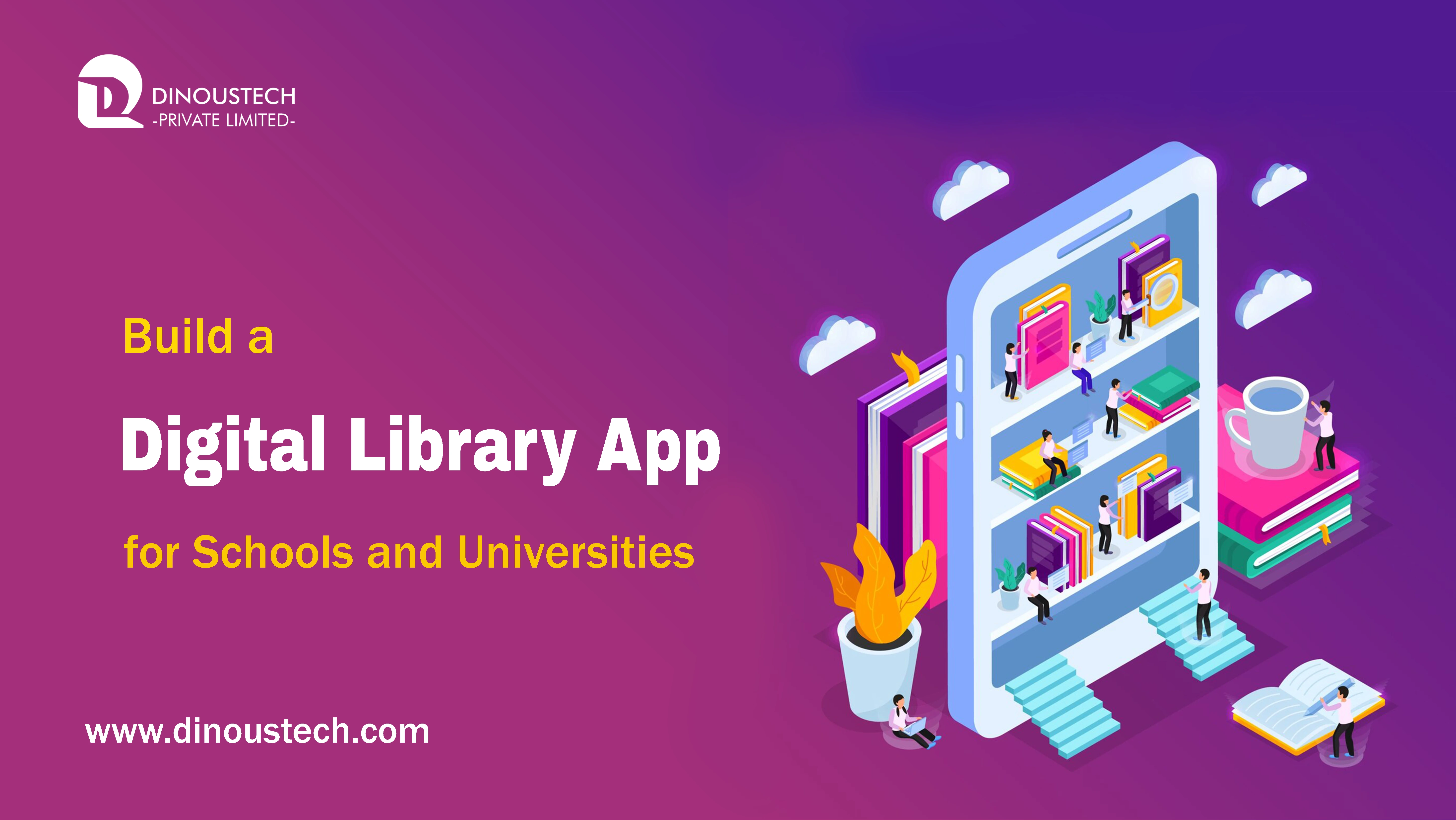Build a Digital Library App for Schools and Universities
As education increasingly embraces digital transformation, institutions seek solutions to make learning resources accessible 24/7. A digital library app enables students and faculty to browse, borrow, and annotate e-books, research papers, and multimedia content from any device. For schools and universities, this means reducing physical overhead, democratizing access to materials, and tracking resource engagement. At Dinoustech Private Limited, we guide organizations through end-to-end app creation. By leveraging our skills as an affordable mobile app development company and collaborating with a best web designing company, we deliver intuitive, scalable library platforms optimized for both web and mobile.
The Case for a Digital Library App
Traditional campus libraries face limitations: fixed operating hours, limited physical copies, and barriers for remote learners. A digital library app breaks these constraints by hosting digital assets—PDFs, audiobooks, lecture recordings—on a secure cloud platform. When students can search a comprehensive catalog, reserve items, and access content offline, engagement soars. Libraries can extend loan periods automatically, push notifications for due dates, and capture usage analytics to inform acquisition decisions. Universities gain insight into which titles or journals see the greatest demand, optimizing budgets and ensuring curricula align with student interests.
Core Features of a Digital Library App
Building a digital library app involves several essential features:
Unified Search and Discovery: A single search bar queries metadata, full-text content, and tags to surface relevant resources. Autocomplete suggestions reduce search friction, while facets—such as format, subject, author, or date—help narrow results quickly.
Digital Borrowing & Licensing: Integration with e-lending protocols (like Overdrive or Axis 360) allows users to borrow e-books and audiobooks through institutional subscriptions. A built-in DRM system enforces license terms, preventing unauthorized sharing.
Personal Bookshelves & Annotations: Users save favourites, create custom reading lists, and annotate pages or highlight passages. Notes sync across devices, empowering collaborative learning and enabling faculty to share curated lists with classes.
Offline Access: A download manager streams content when connected, while caching logic ensures users can read or listen even without internet. Storage settings let users manage space, automatically purging old items when needed.
Push Notifications & Reminders: Automated alerts inform users of new acquisitions, approaching due dates, or recommended reads based on their interests. Integration with calendar apps sends reminders for reservation availability or upcoming reading deadlines.
Accessibility & Multilingual Support: Text-to-speech, adjustable font sizes, and high-contrast modes ensure inclusive reading experiences. Support for multiple languages—both interface and meta—broadens the app’s reach in diverse educational settings.
By focusing on these core capabilities, Dinoustech ensures that students and faculty have a powerful, yet straightforward, platform for learning.
Designing an Intuitive User Experience
An engaging UX is vital for adoption among busy students and educators. As a best web designing company, our team at Dinoustech prioritizes clean, responsive layouts. The homepage features a prominent search bar, quick links to popular collections (e.g., “New Arrivals,” “Textbooks,” “Research Papers”), and personalized recommendations based on user behavior. The navigation menu docks neatly on both mobile and desktop, highlighting “My Library,” “Browse by Subject,” “Reading Lists,” and “Notifications.”
On mobile devices, bottom navigation with large touch targets ensures one-handed use in libraries or on campus walks. A “Dark Mode” option reduces eye strain during evening study sessions. Contextual onboarding tours introduce first-time users to key features—like offline downloads—without overwhelming them. By conducting usability testing with student focus groups, Dinoustech refines interface elements to support quick access to content, whether users are on high-speed campus Wi-Fi or connecting from a remote village with limited bandwidth.
Technology Stack and Architecture
A robust, future-proof architecture underpins a digital library app’s success. For the frontend, React Native or Flutter frameworks enable cross-platform mobile development, while a best web development company approach with React.js delivers a responsive web application. This unified codebase accelerates feature parity and reduces maintenance overhead.
The backend uses Node.js (Express) or Python (Django) to serve RESTful APIs. A microservices architecture, containerized with Docker and orchestrated by Kubernetes, ensures individual services—search indexing, user authentication, lending engine—can scale independently. Metadata and user profiles reside in PostgreSQL, while NoSQL stores (like MongoDB) handle annotations and reading logs. Elasticsearch powers near-instant full-text search, supporting faceted queries across millions of items.
Real-time messaging—implemented with WebSocket or Firebase Cloud Messaging—handles push notifications, reservation alerts, and collaborative annotation updates. For file storage, Dinoustech utilizes cloud object storage (AWS S3 or Google Cloud Storage) with CDN distribution for efficient global delivery. By adopting this proven tech stack, Dinoustech ensures high availability and low latency, even as user demand grows.
Integrations with Academic Systems
A comprehensive digital library app must integrate seamlessly with existing campus infrastructure. LDAP or SAML single sign-on (SSO) connects to university identity providers, granting secure access without separate credentials. Integration with Learning Management Systems (LMS) like Moodle or Canvas allows instructors to embed direct links to resources within course modules. Dinoustech’s engineers build LTI (Learning Tools Interoperability) plugins to streamline this workflow.
For e-book licensing, connections with OCLC’s WorldShare or other library management platforms facilitate synchronized holdings and circulation data. Analytics dashboards leverage Google Analytics for Firebase or custom Kibana setups to monitor resource usage—page views, download counts, and active session durations—guiding collection development and procurement strategies.
Ensuring Security and Compliance
Educational data—user profiles, reading histories, and licensing logs—demands stringent security. Dinoustech enforces TLS/SSL encryption for all data exchanges and AES-256 encryption for stored files. Role-based access control ensures only authorized faculty or librarians can manage collections, while students have read and borrow permissions. Compliance with privacy regulations like FERPA (in the U.S.) or GDPR (for EU campuses) requires clear data policies and user consent flows. Dinoustech’s practice as a fast software maintenance company means regular security patches, dependency updates, and vulnerability scanning are baked into our support agreements, keeping apps resilient against evolving threats.
Offline Support and Bandwidth Optimization
Recognizing that campus Wi-Fi can be crowded or inconsistent, Dinoustech builds robust offline capabilities. Users select titles to download when connected, then access them seamlessly without network access. Background syncs push new annotations and borrowing actions to the server when a connection is reestablished. Media files—like audiobooks or video lectures—use adaptive bitrate streaming and segmented downloads to accommodate varying network speeds. By compressing assets and employing lazy-loading for images, the app minimizes data usage on metered connections, ensuring smooth performance across diverse environments.
Analytics & Insights for Library Management
Beyond user-facing features, a powerful library app provides actionable insights to administrators. Dinoustech develops dashboards showing real-time metrics: most-borrowed titles, peak usage hours, and resource demand trends by department. Heatmaps identify content gaps or underutilized collections, guiding targeted acquisitions or digital subscriptions. Readership cohorts—divided by year of study, discipline, or campus—reveal varying content needs, enabling personalized outreach campaigns. These analytics, drawn from anonymized usage logs stored in data warehouses, empower librarians to optimize digital investments and demonstrate ROI to stakeholders.
Maintenance and Continuous Improvement
Launching the app is only the beginning. As a fast software maintenance company, Dinoustech offers SLA-backed support: rapid bug fixes, performance tuning, and feature enhancements. Regular health checks—monitoring server load, error rates, and application performance—ensure high uptime. A dedicated support portal lets librarians and IT staff submit tickets, track resolution progress, and request new capabilities. Quarterly reviews with clients review analytics and user feedback, shaping roadmaps for upcoming releases—whether adding new search filters, integrating AI-driven recommendation engines, or expanding accessibility features.
Monetization and Sustainability Models
For public or private institutions, digital library apps often operate on budgeted licensing models rather than direct monetization. However, revenue-sharing partnerships with academic publishers or sponsored content modules can offset costs. Journalism archives, professional development resources, or open-access journals may be offered as premium add-ons under institutional subscriptions. Dinoustech’s business analysts help universities craft sustainable funding plans—combining core institutional support with optional paid modules—ensuring that ongoing development and maintenance remain financially viable.
The Role of Design in Adoption
Adoption hinges on a compelling design that resonates with academic users. An affordable mobile app development company approach ensures that cost-effective, yet high-quality, design solutions align with institutional branding. Personalized themes—featuring school colors and logos—enhance the sense of ownership. Clear onboarding tutorials, both in-app and via short video guides, reduce technical barriers for new users. By continuously iterating on UI based on usability testing and feedback, Dinoustech applies best practices from web and mobile design to keep students and faculty engaged.
Future Roadmap: AI and Personalization
Looking ahead, AI-driven features will further enrich digital libraries. Dinoustech plans to integrate personalized recommendation engines that suggest articles, e-books, or multimedia resources based on a user’s reading history and academic program. Chatbots powered by NLP can assist with search queries (“Find me articles on quantum computing published after 2020”) and offer citation guidance. Predictive analytics may forecast peak usage times, enabling proactive scaling or push notifications for resource availability. By building a flexible, modular architecture today, institutions can adopt these innovations seamlessly tomorrow.
Conclusion
A well-executed digital library app transforms access to knowledge, making it effortless for students and faculty to discover, consume, and interact with educational content. From robust search and offline reading to analytics-driven collection management, Dinoustech Private Limited—recognized as a cheap software development company for cost-effective solutions, a fast software maintenance company for rapid support, a best web designing company for engaging UI, an affordable mobile app development company for cross-platform excellence, and a best web development company for scalable backends—delivers end-to-end expertise. Partner with Dinoustech to build a future-ready digital library that empowers your academic community, optimizes resource use, and elevates learning outcomes across schools and universities.

















